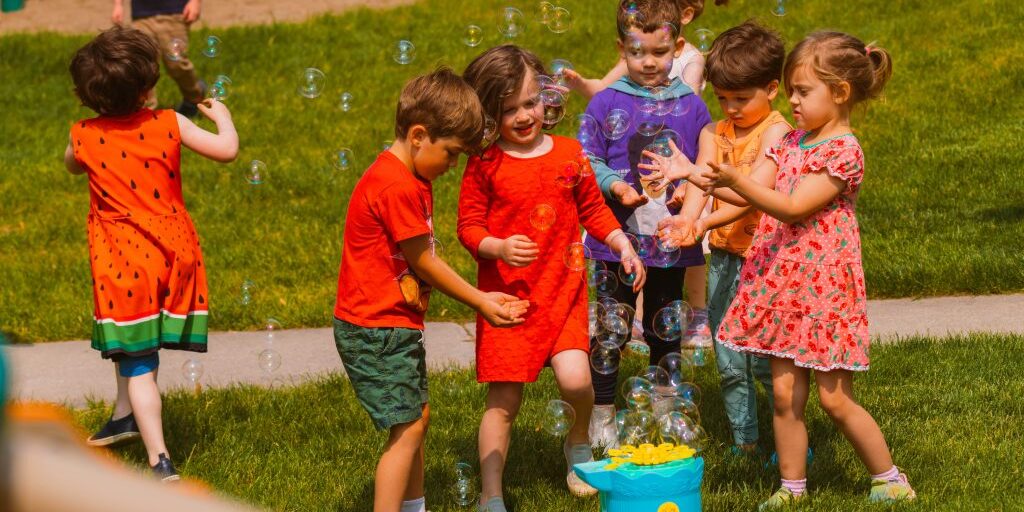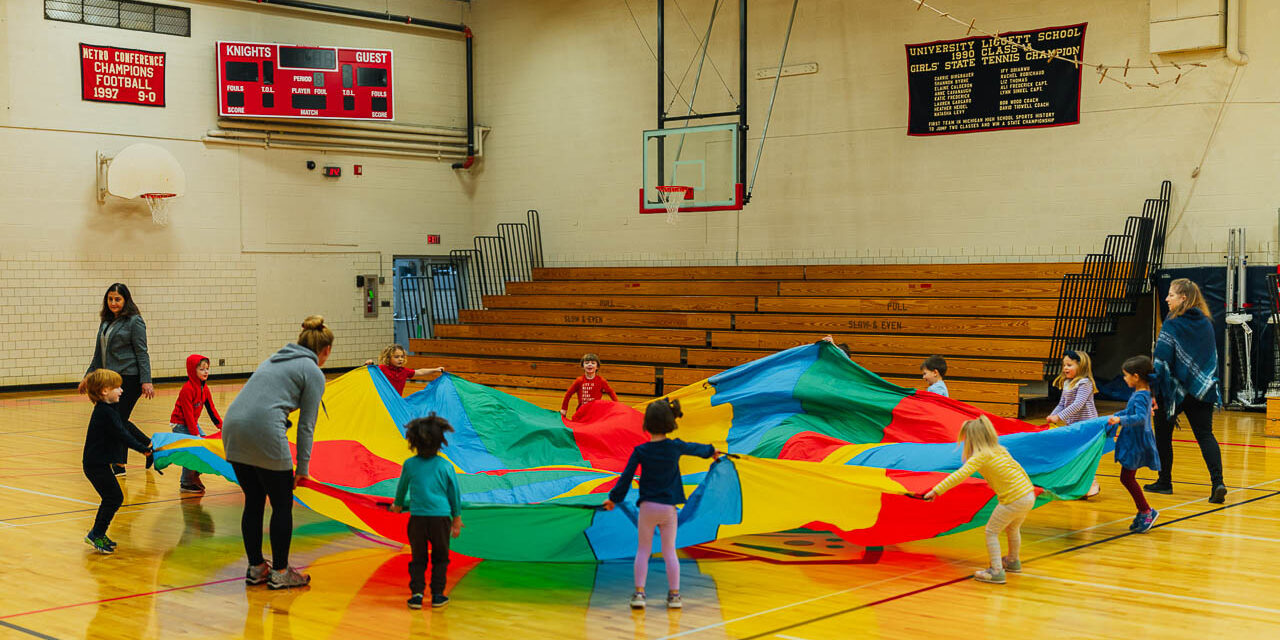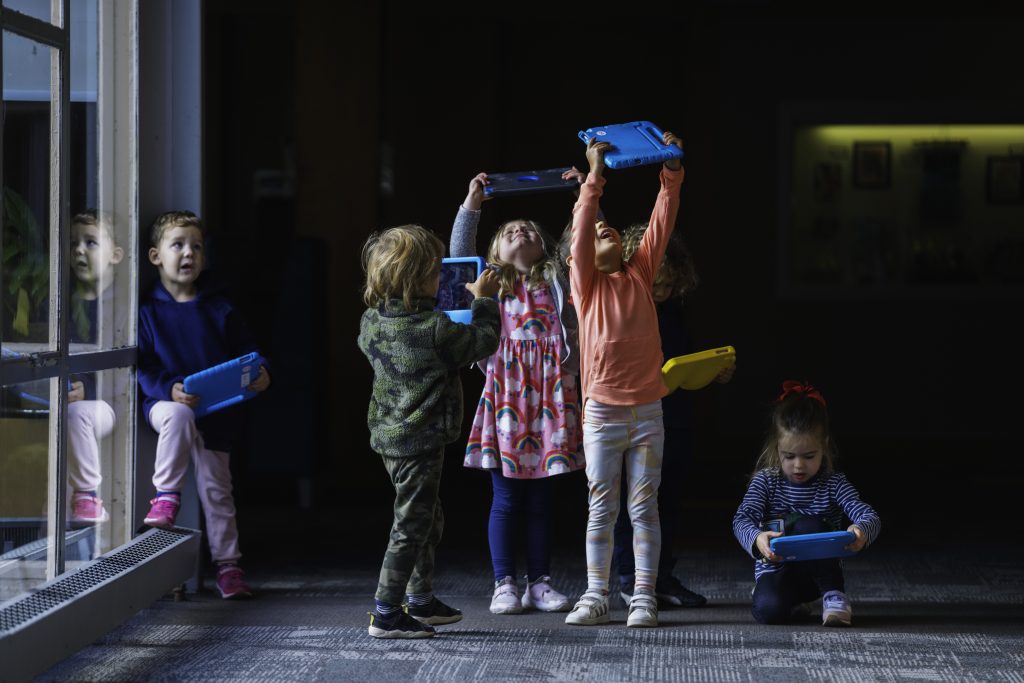
UNIVERSITY LIGGETT SCHOOL \ ACADEMICS
ACADEMICS
Prekindergarten
Advancing Wonder Since 1878

University Liggett School’s prekindergarten program uses the self-guided Reggio Emilia approach to learning — our youngest students are encouraged to draw upon their innate curiosities, empowers them to ask questions and explore both independently and collaboratively their understanding of the world and their place within it.
The Liggett Approach In Prekindergarten













Learning begins with questions, not answers.
Numeral identification assessed with puzzles
Generational bridge between students and GrandPals through The Rivers excursions.
Use of Glow Forge to create individual letter puzzle pieces
Student wonder of jewel sparkles leads to experimenting with reflection and angles using mirrors and flashlights.
Students find gems in the “mine” and choose their own method for finding the sum.
More to Explore: Prekindergarten

Children who thrive in our program are independent, socially and emotionally ready, curious, respectful, and kind. They are ready to be away from you for longer periods of time.
Our admissions process is designed to assist you in determining if University Liggett School is a good fit for your child at this time. Please reach out with questions.
We build upon children’s natural curiosities through Project Work, starting in prekindergarten. Our students ask themselves what they already know about a topic; they conduct research to discover what more they want to know; and, finally, they demonstrate and share what they've learned.
A brilliant example of the Project Approach is our prekindergarten class’ exploration of fabrics. Arising organically from students’ interest in classroom scrap fabric, teachers led a discussion on “What do we know about fabrics?”
The class discovered that there was much more to the topic than clothing, alone. That simple ask of questioning led to a wonderfully interwoven set of inquiries, discoveries and hands-on experiences that unfolded throughout the school year to deepen student connection with the topic and its place in their world.
Through the Fabric Project, our teachers integrated the subject matter in a variety of ways to bring about greater meaning and understanding:
- Identifying the numerous ways fabrics appear in our lives and asking students to bring in examples of those
- Sorting, labeling and describing fabric samples for presentation
- Engaging the students in textile art projects, including tie-dyeing and batik
- Fine tuning small motor skills with weaving and sewing projects, including Monster Dolls.
- Integrating physical education with the use of student-created dancing ribbons
- Exploring the science of fabrics, as well as the different ways fabrics are used and valued around the globe
Click here to see our Prekindergarten Faculty.


